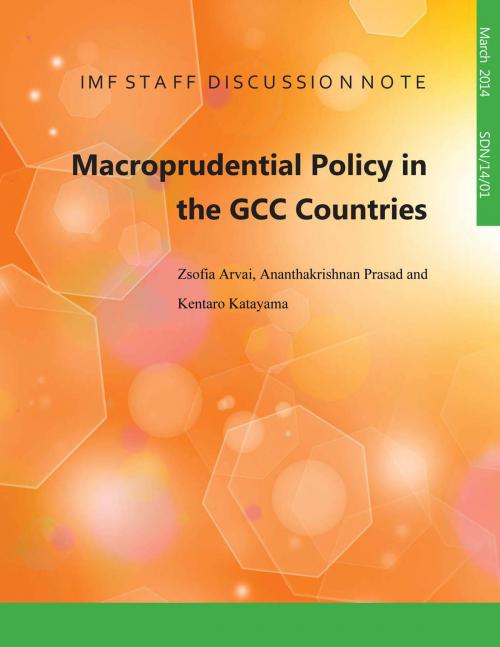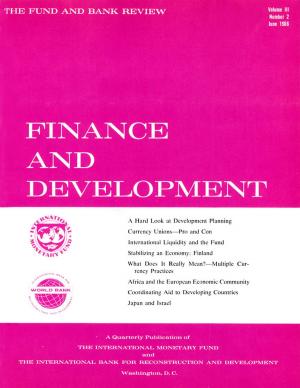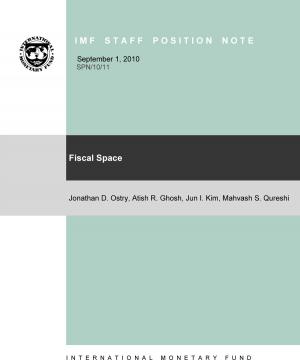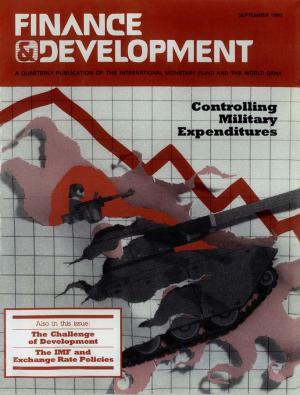Macroprudential Policy in the GCC Countries
Business & Finance, Economics, Money & Monetary Policy, Macroeconomics| Author: | Zsofia Ms. Arvai, Ananthakrishnan Prasad, Kentaro Mr. Katayama | ISBN: | 9781484346525 |
| Publisher: | INTERNATIONAL MONETARY FUND | Publication: | March 19, 2014 |
| Imprint: | INTERNATIONAL MONETARY FUND | Language: | English |
| Author: | Zsofia Ms. Arvai, Ananthakrishnan Prasad, Kentaro Mr. Katayama |
| ISBN: | 9781484346525 |
| Publisher: | INTERNATIONAL MONETARY FUND |
| Publication: | March 19, 2014 |
| Imprint: | INTERNATIONAL MONETARY FUND |
| Language: | English |
As undiversified commodity exporters, GCC economies are prone to pro-cyclical systemic risk in the financial system. During periods of high hydrocarbon prices, favorable economic prospects make the financial sector keen to lend, leading to higher domestic credit growth and easier access to external financing. Fiscal policy is a very important tool for macroeconomic management, but due to the significant time lags and expenditure rigidities, it has not been a flexible enough tool to prevent credit booms and the build-up of systemic risk in the GCC. This, together with limited monetary policy independence because of the pegged exchange rate, means that macro-prudential policy has a particularly important role in limiting systemic risk in the financial system. This importance is reinforced by the underdeveloped financial markets in the region that provide limited risk management tools and shortcomings in crisis resolution frameworks. This paper will discuss the importance of macro-prudential policy in the GCC countries, look at the experience with macro-prudential policies in the boom/bust cycle in the second half of the 2000s, and use the broad frameworks being developed in the Fund and elsewhere to discuss ways existing frameworks and policy toolkits in the region can be strengthened given the characteristics of the GCC economies.
As undiversified commodity exporters, GCC economies are prone to pro-cyclical systemic risk in the financial system. During periods of high hydrocarbon prices, favorable economic prospects make the financial sector keen to lend, leading to higher domestic credit growth and easier access to external financing. Fiscal policy is a very important tool for macroeconomic management, but due to the significant time lags and expenditure rigidities, it has not been a flexible enough tool to prevent credit booms and the build-up of systemic risk in the GCC. This, together with limited monetary policy independence because of the pegged exchange rate, means that macro-prudential policy has a particularly important role in limiting systemic risk in the financial system. This importance is reinforced by the underdeveloped financial markets in the region that provide limited risk management tools and shortcomings in crisis resolution frameworks. This paper will discuss the importance of macro-prudential policy in the GCC countries, look at the experience with macro-prudential policies in the boom/bust cycle in the second half of the 2000s, and use the broad frameworks being developed in the Fund and elsewhere to discuss ways existing frameworks and policy toolkits in the region can be strengthened given the characteristics of the GCC economies.















